The Tesla 'Robotaxi', its self-driving coupé that shows the firm's vision for a global fleet of autonomous vehicles, is being showcased in the UK for the first time.
Officially named the Cybercab, it is on display at London’s Shepherd's Bush Westfield just over a month after it was launched at Warner Bros. Studios in the US alongside a larger self-driving 20-seat van that's dubbed the Robovan.
The two vehicles, both in concept form, have no steering wheels or pedals. Instead they operate using artificial intelligence and cameras rather than lidar sensors and in-built mapping software, as is more common on other autonomous vehicles.
They will also be capable of charging wirelessly, said Musk, so don't have charging ports like Tesla's conventional cars.
Touting the benefits of self-driving technology at an exclusive event called 'We Robot' in California, Musk said: “Think about the cumulative time that people spend in a car, and the time they will get back that they can now spend on their books or watching a movie or doing work or whatever.”
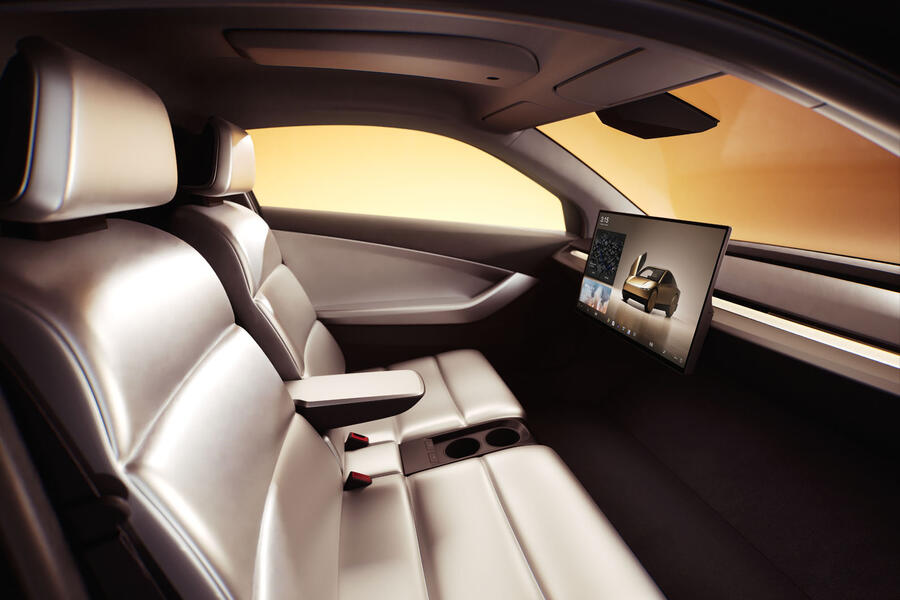
To that end, the Cybercab's cockpit is a minimalist affair, with two seats, two cupholders, an armrest and a large central touchscreen similar to that in the Model 3. There's also a large boot at the rear – but following in the footsteps of the prismatic Cybertruck, the Cybercab has no rear window.
Musk said Tesla hopes to be producing the Cybercab by 2027 and selling it to consumers at a projected $30,000 (£23,000) but offered no categoric timeline for the Robovan. He did not confirm any plans to launch the vehicles outside the US.
En route to putting the two new self-driving vehicles in production, Tesla plans to have "unsupervised" FSD (full self-driving) technology certified for use in the Model 3 and Model Y by 2025.

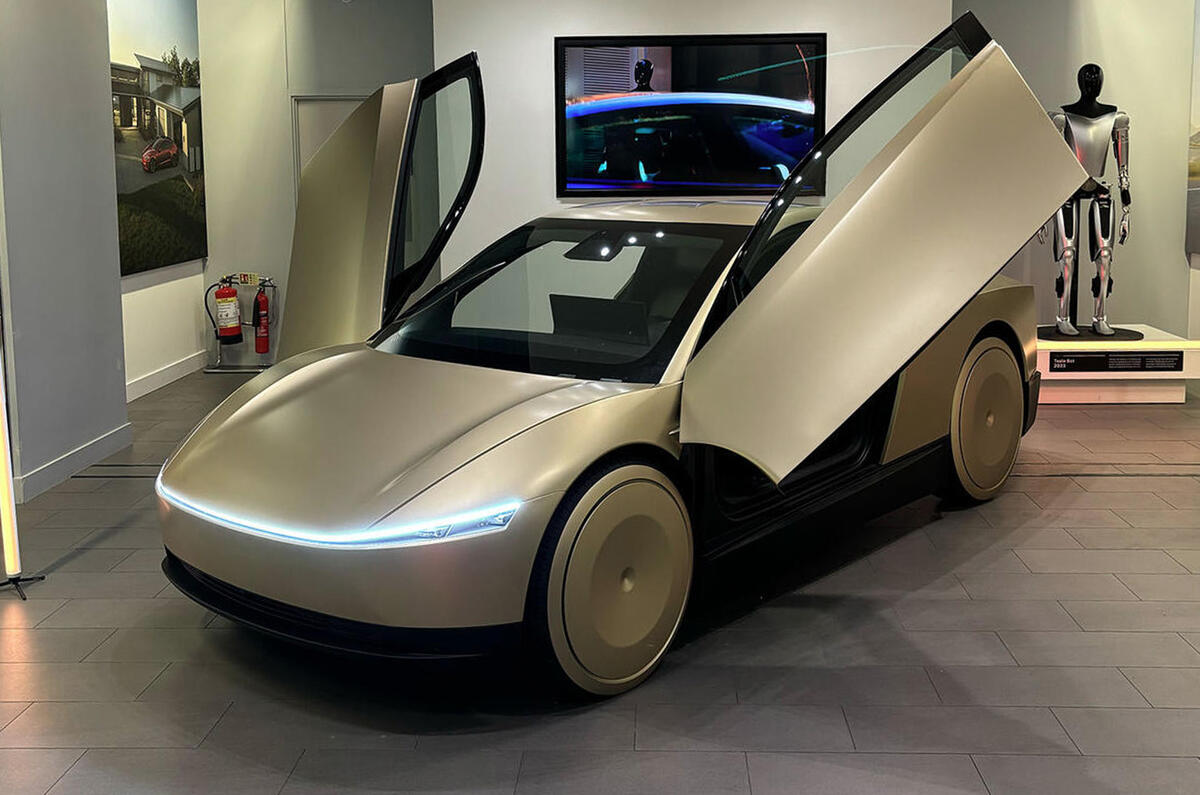
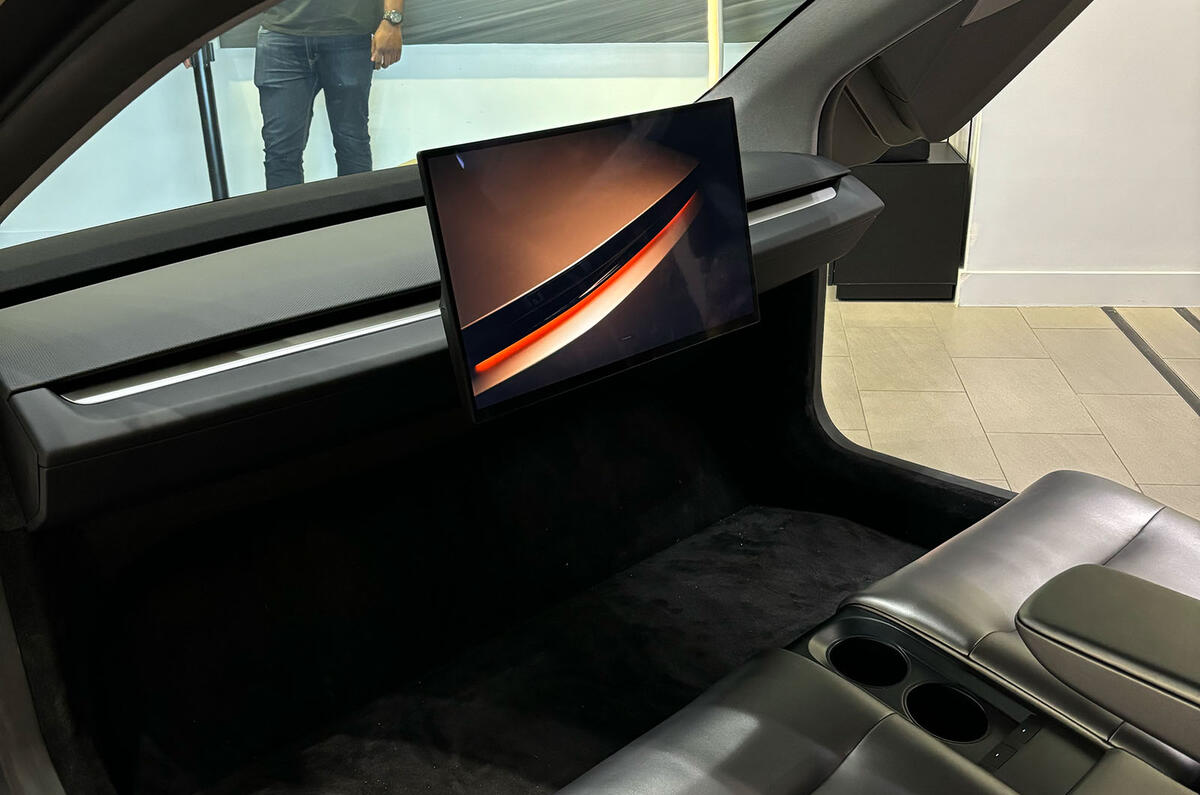
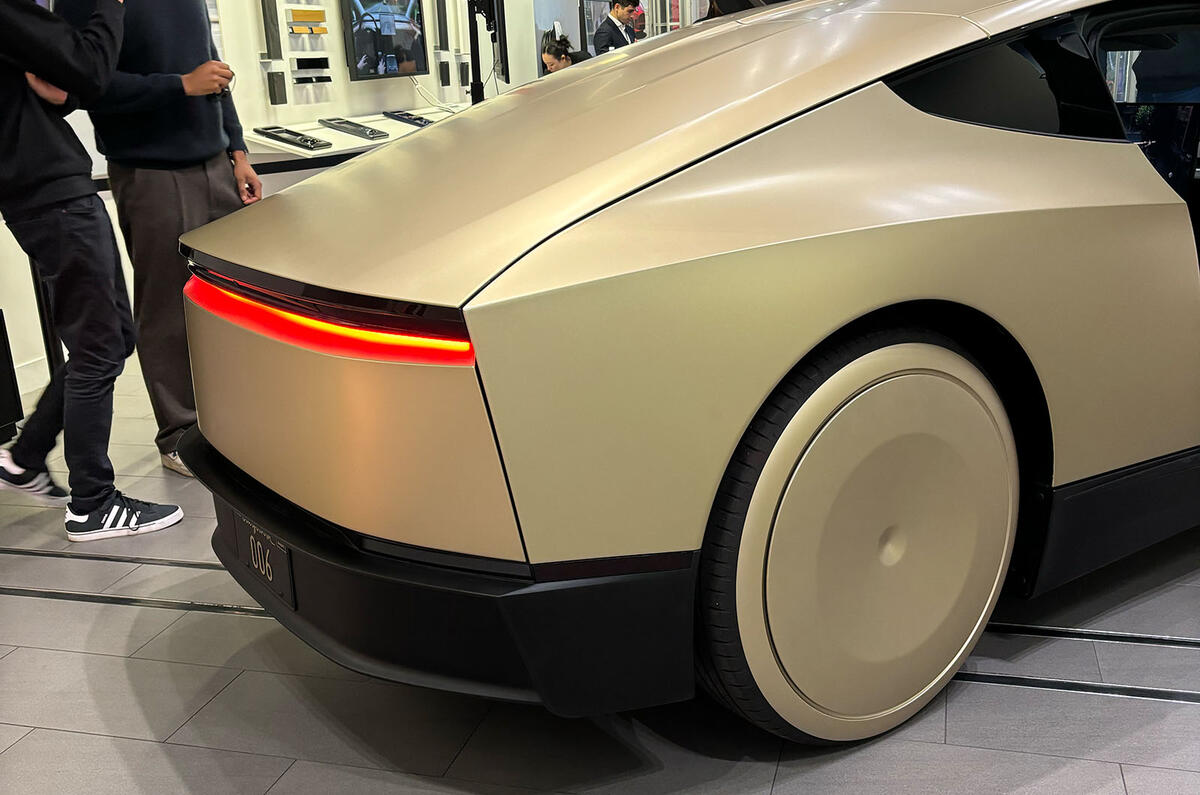
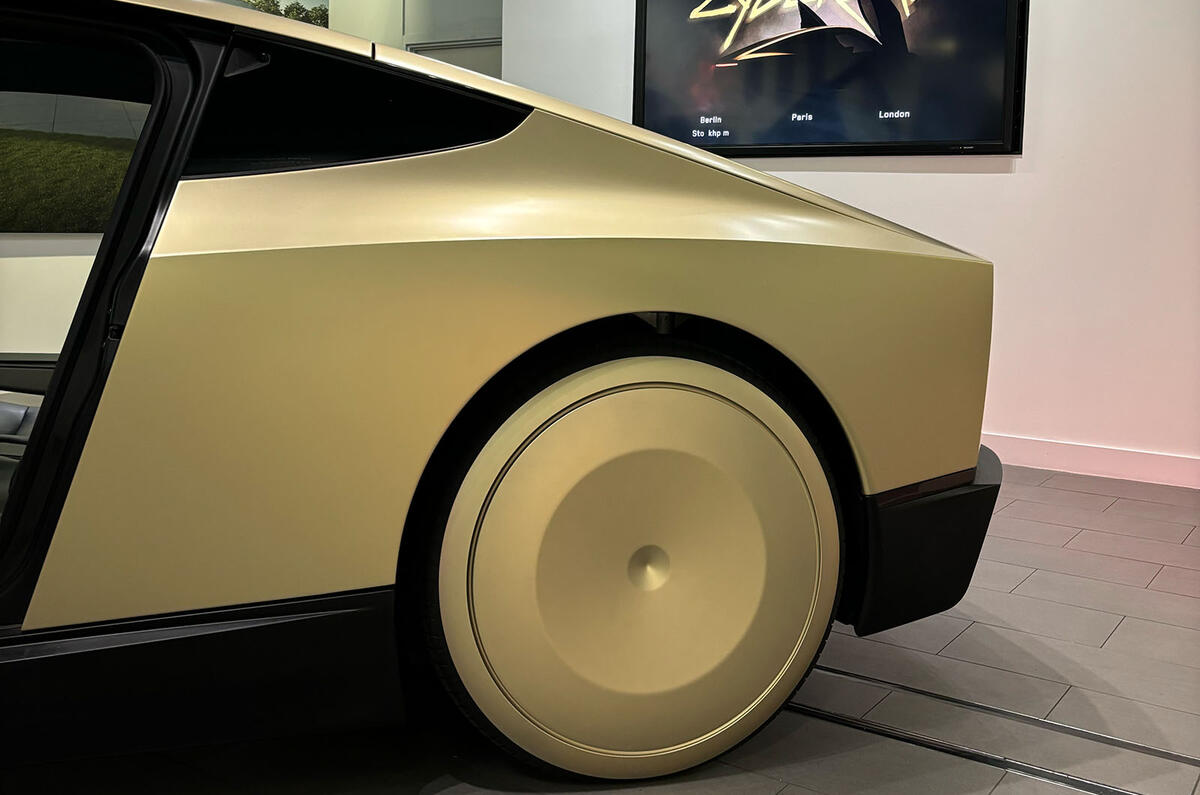

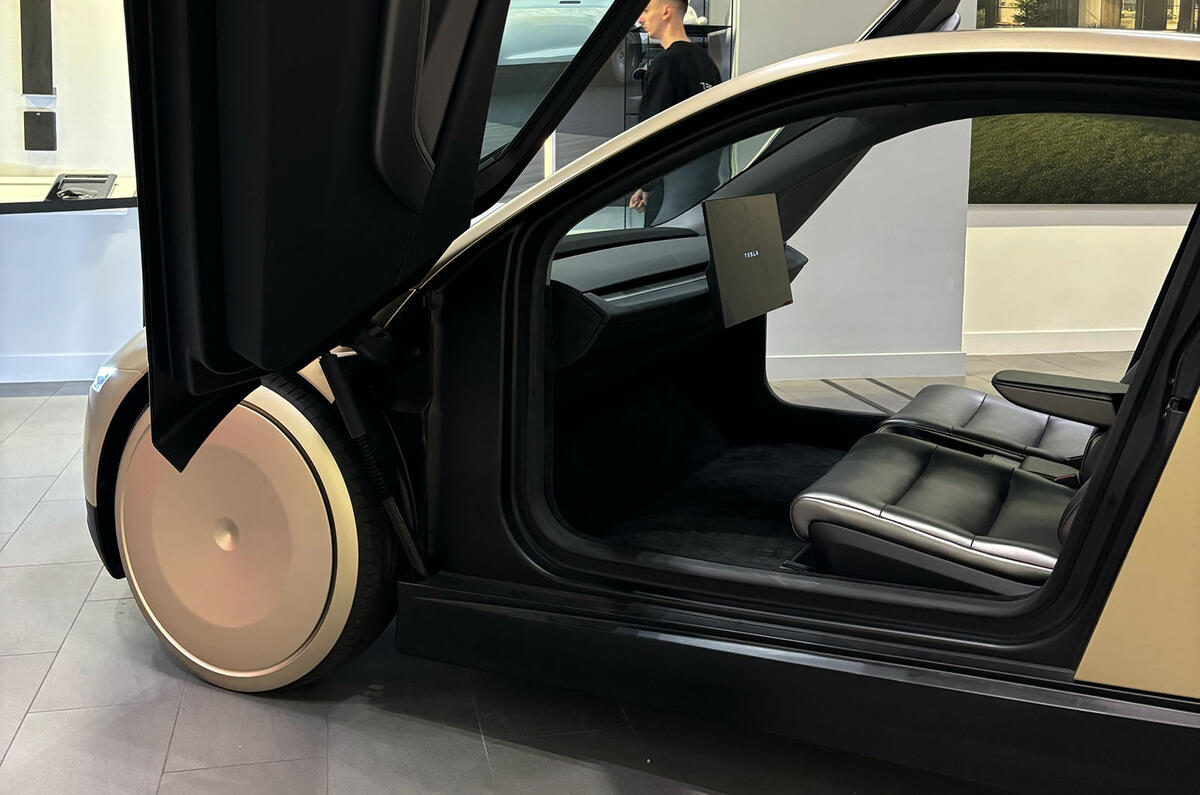
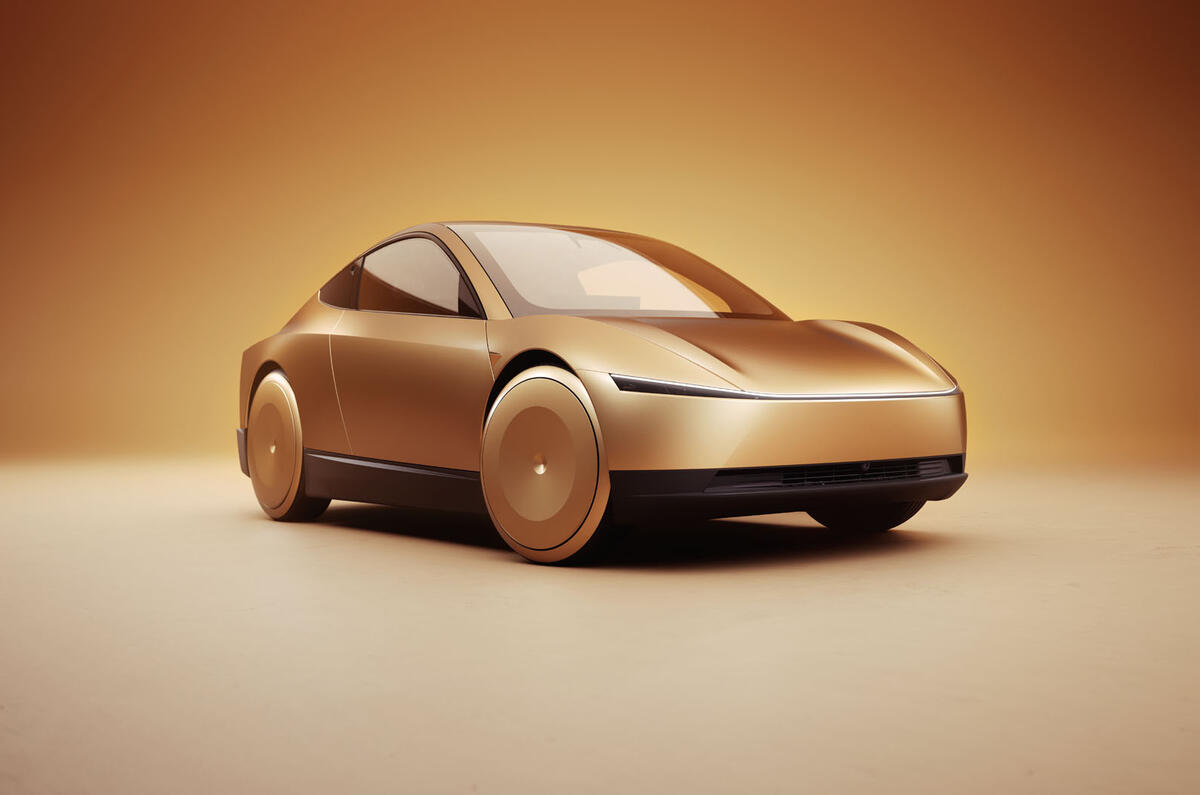
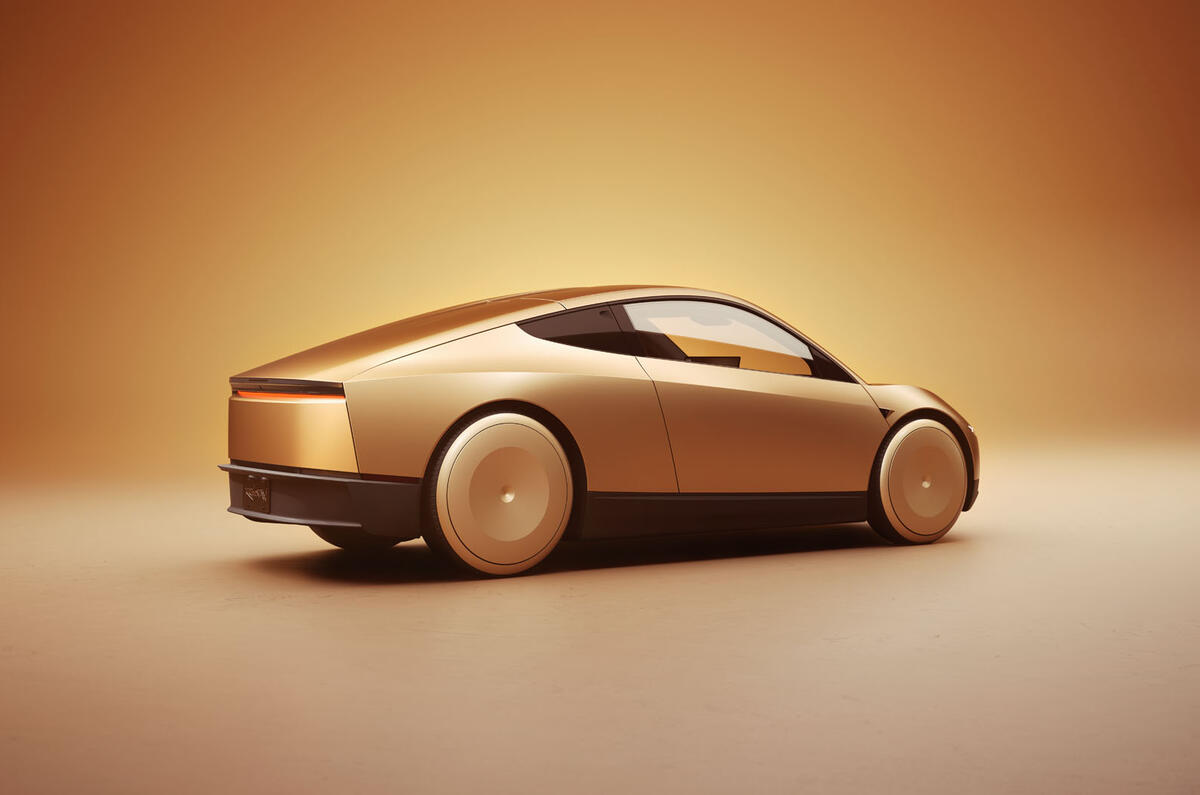
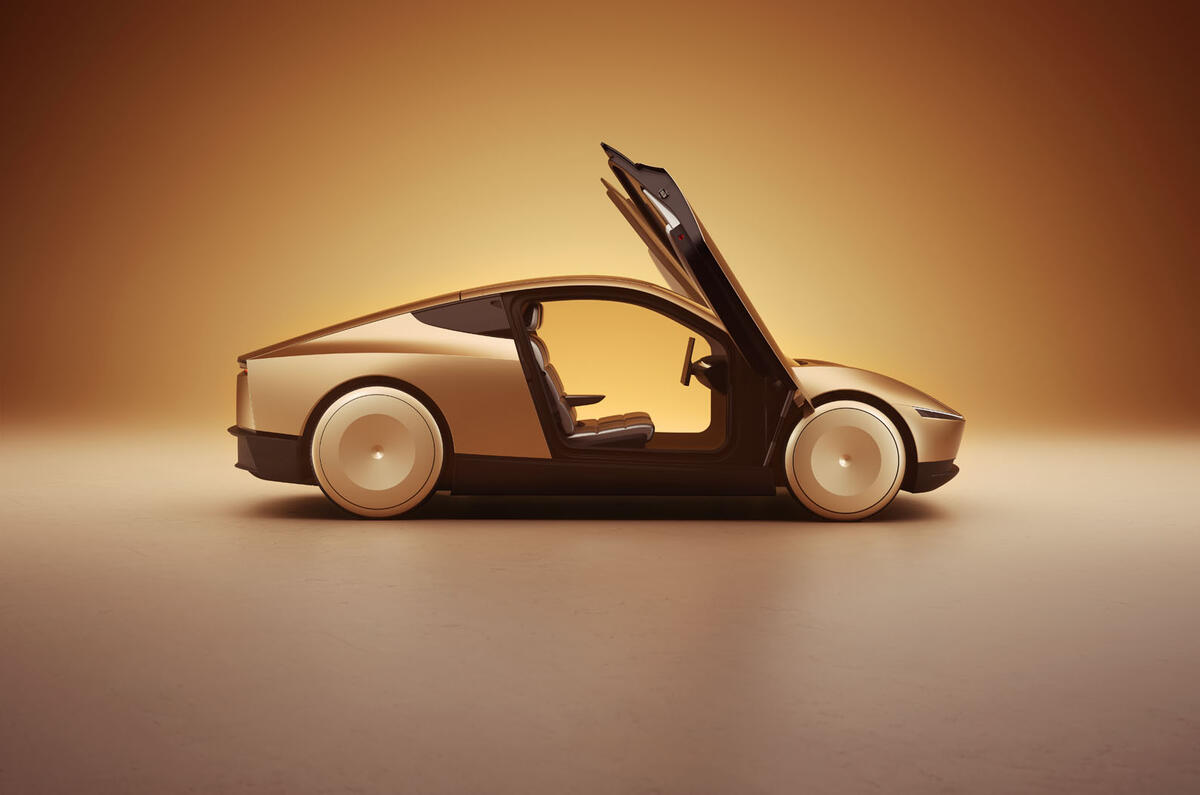
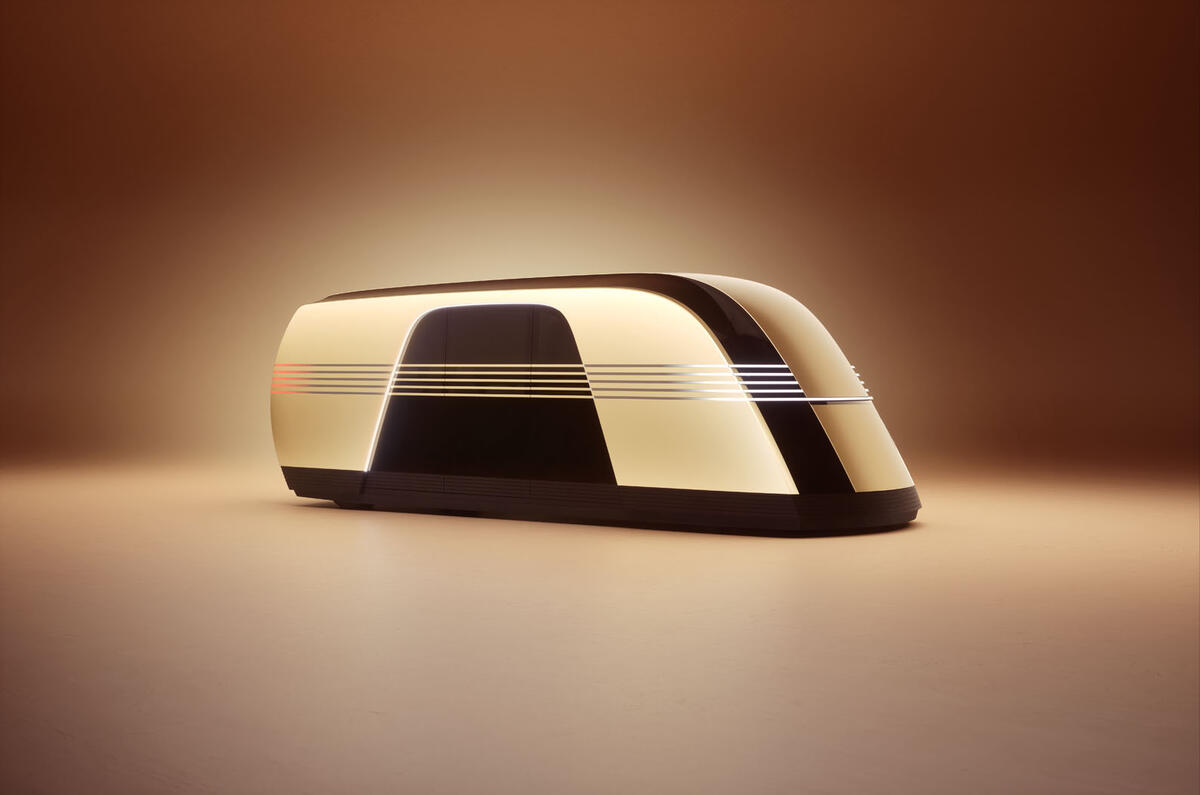
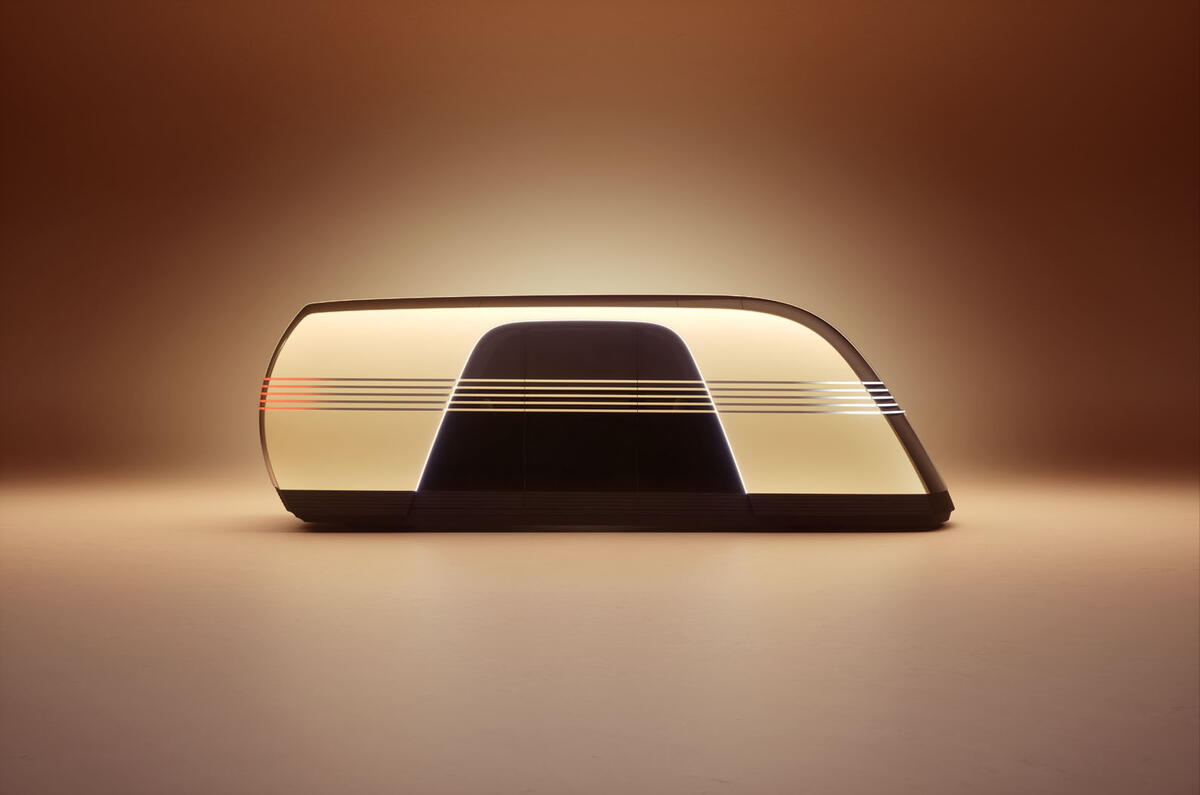
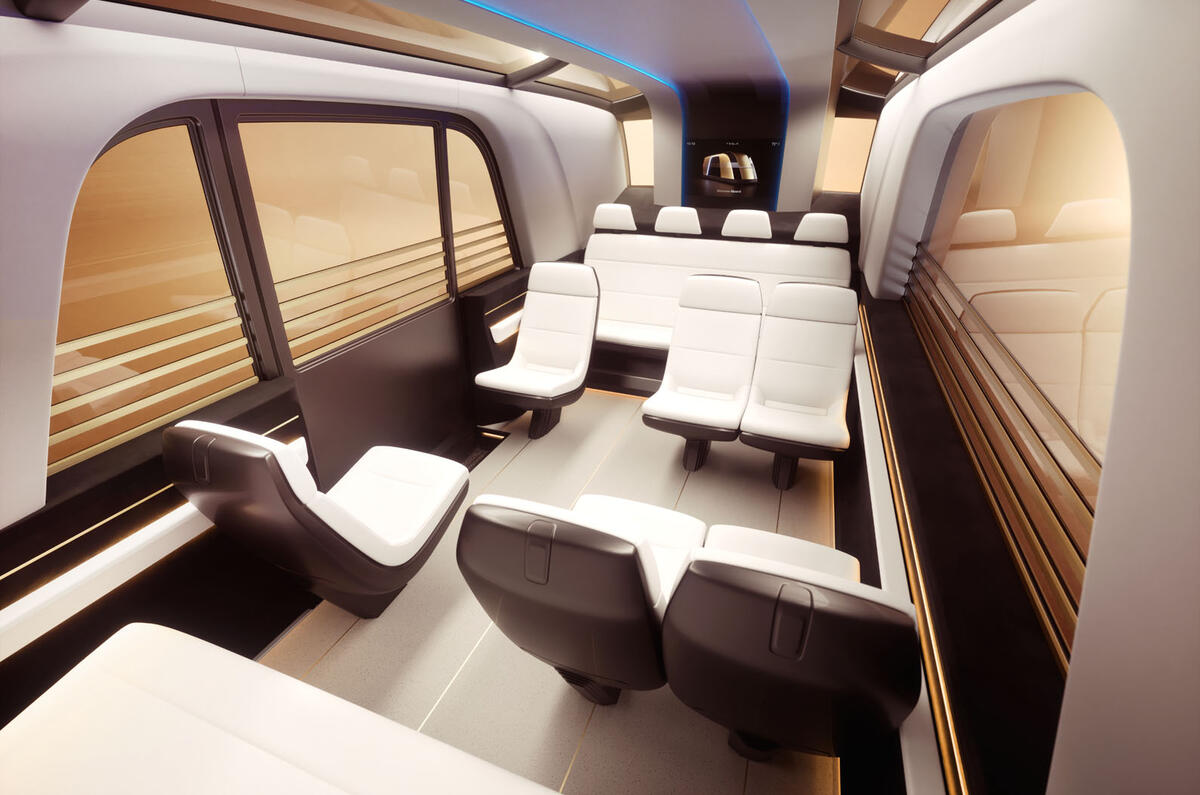
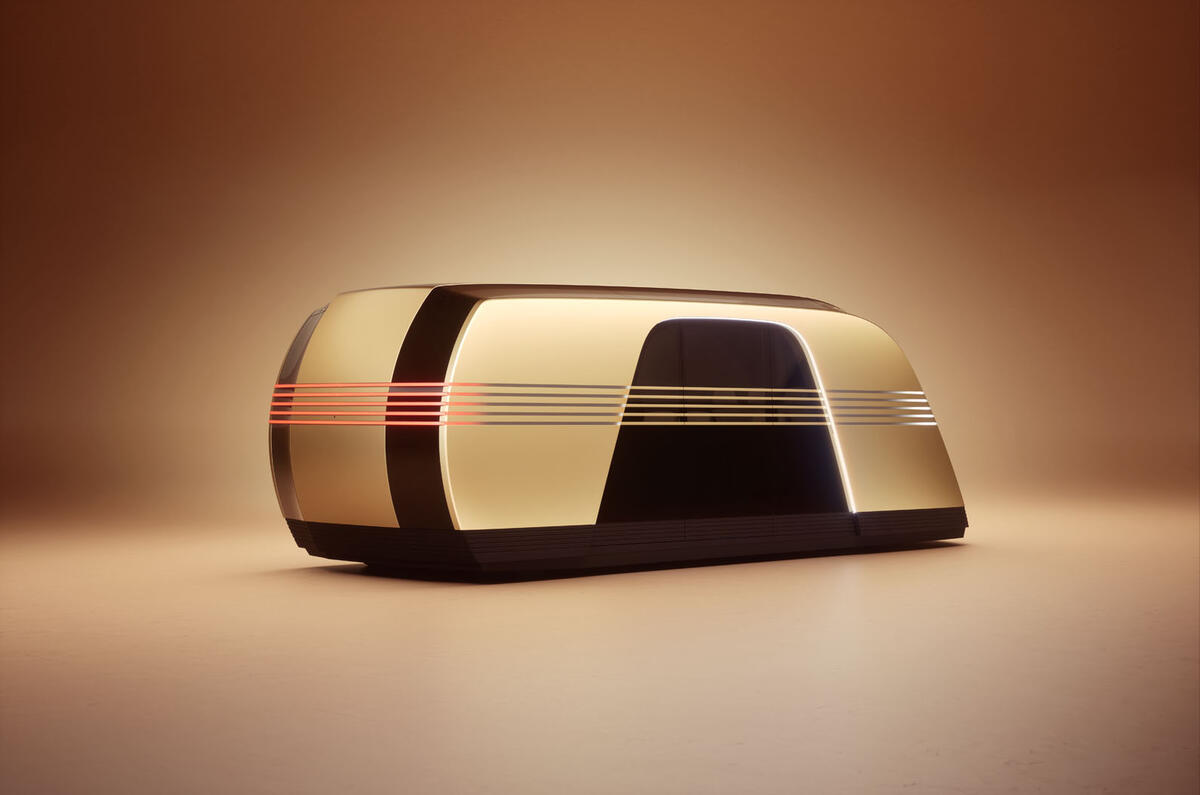
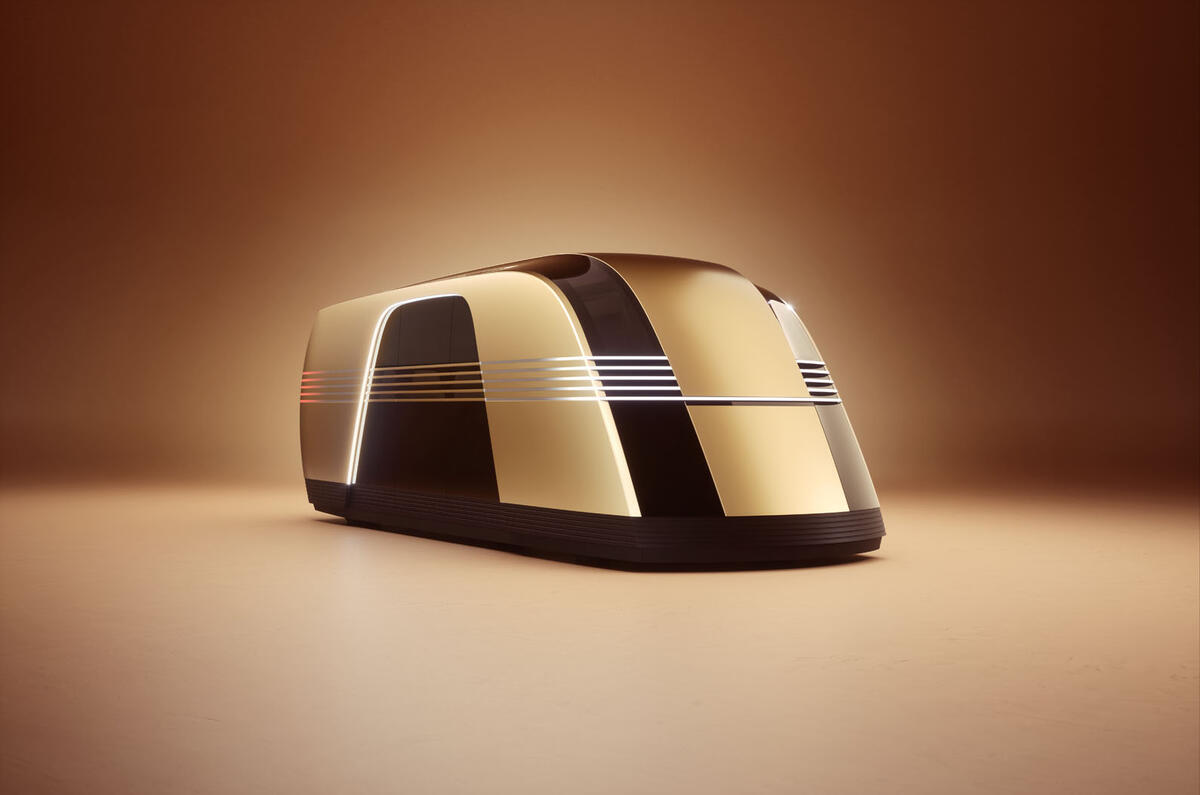



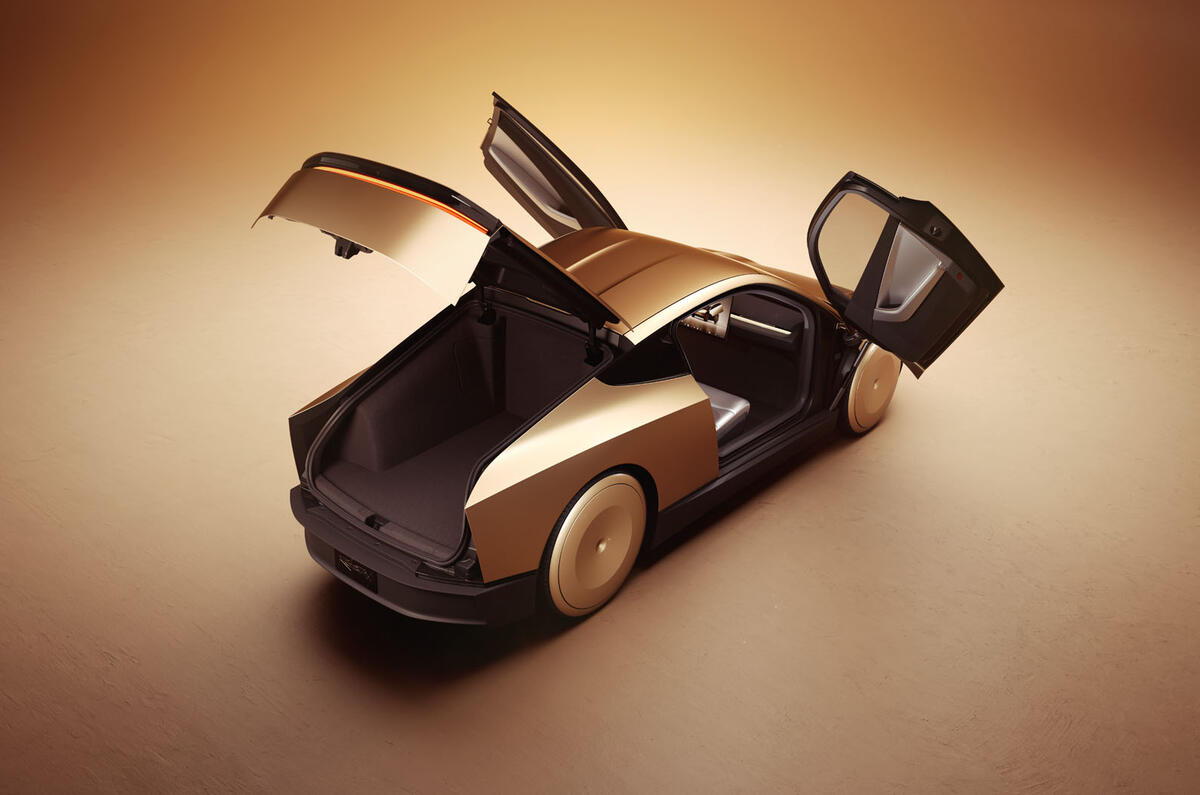

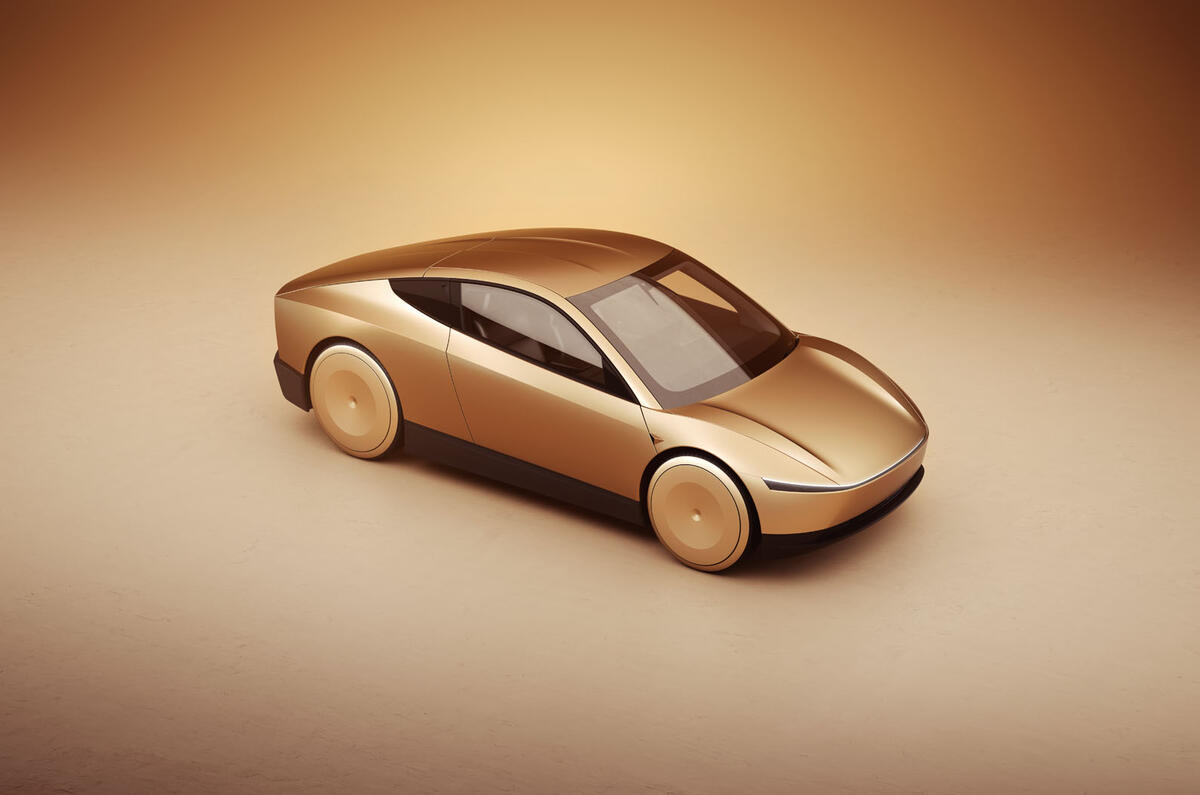






























Join the debate
Add your comment
Does anyone actually care? Do people actually still believe anything Musk says about future launches etc?
If you want to create a serious business plan for a robotaxi why would you limit your market by creating a two seater that does not allow for disabled owners, etc? Surely a robotaxi, would be a godsend for the millions of elderly, blind, disabled, infirm? If I was a shareholder I would be seriously concerned by the direction and missed opportunities of Tesla though I suppose it may point to the problem they have is capacity and the limited number of cars they can produce at the moment.
Another thing -- the dire interior: If folks don't drive - they're passengers, being driven not driving. Then interior quality becomes more important not less. And so does ride comfort. Folks shall want their interiors to be comfy and luxuriously outfitted. The ride silent and absent of any ride harshness. I agree with all your points -- however while adding these points.
What a missed oppotunity. The Cybertruck was Musk's first booboo and the binning of the Model 2 the second.
A 33k Model 2 would have destoyed the A Class, A3, top end Golf's etc in the same way the Model 3 did when up against the 3 series and C class.
The best thing for Tesla would be if Musk moved aside and concentated on the space race or solar power.